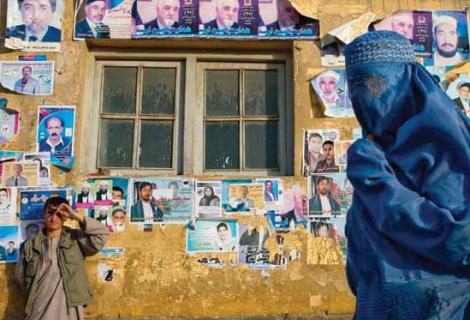
October 7 2011 marks 10 years since British and American forces intervened in Afghanistan, responding to the threat to global security following the attacks of September 11 2001. At the time, alongside claims that this intervention would destroy Al-Qaeda’s operational capability and bring democratic governance, peace and the rule of law, the status of women in Afghanistan was cited as one of the justifications for military intervention.
Ten years on, international troops have started to leave Afghanistan, with a full withdrawal expected by 2014-15. At the same time the US and other governments, as well as the Afghan government, are seeking peace talks with the Taliban, with the aim of bringing them into a political process that secures a lasting national settlement. It is a critical time for Afghanistan, but particularly for Afghan women who fear they could lose the fragile gains in women’s rights made since the fall of the Taliban.
It is in this context that this report examines what has changed for Afghan women in the last decade, and what prospects there are for retaining any of the positive achievements during this rocky time of transition and reconciliation. ActionAid has also carried out a rare survey of 1,000 women in Afghanistan – one of the very few times that Afghan women have been asked their opinion on the last 10 years of war and a possible Taliban return to power. It reveals that 72% of Afghan women believe their lives are better now than they were 10 years ago, while 37% think Afghanistan will become a worse place if international troops leave. A massive 86% are worried about a return to Taliban-style government, with one in five citing their daughter’s education as the main concern. And with good reason – they remember all too well what life was like under the Taliban.
ActionAid believes that women’s human rights are a non-negotiable part of any political settlement and is calling on all parties involved to make public statements of their commitment to equal rights for men and women – including women’s right to education, to work, and to participate in public life. In addition the UK government and the international community must develop a systematic approach towards supporting women who have defended human rights. ActionAid has already started lobbying the UK and Afghan governments to make sure that women make up at least 30% of participants in all peace and reconciliation processes.